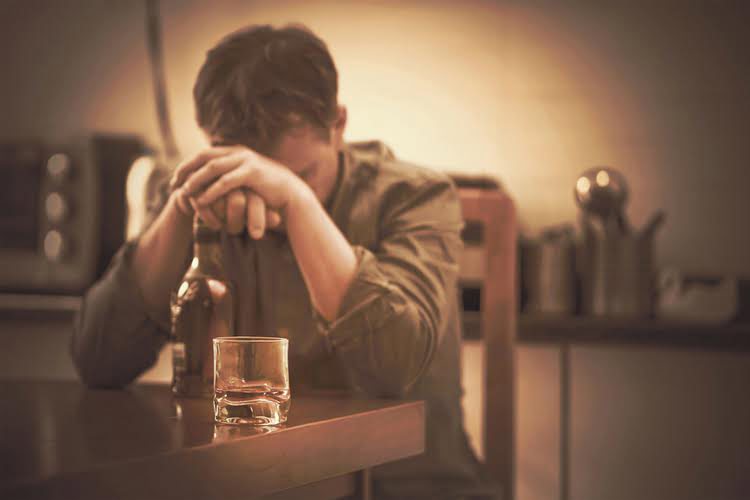It results when your body transforms starchy and sugary foods into alcohol. But don’t worry, because, with a few quick fixes, you’ll be able to get rid of this problem. This article will explain all you need to know about feeling drunk without actually drinking. Cultural attitudes towards drinking can shape how individuals perceive and engage in alcohol consumption, influencing drinking patterns and social norms. Ever noticed how after a drink or two, you become the life of the party, cracking jokes, and chatting up everyone, even that cute barista who makes you tongue-tied?
How Alcohol Affects the Body
Individuals may struggle to remember events and make coherent decisions. As drinking continues (2-4 drinks for women, 3-5 for men), emotional instability may arise. With 1-3 drinks for women and 2-3 for men, individuals often feel more confident, talkative, and less inhibited. This stage is marked by a sense of euphoria and increased sociability. You may become unresponsive and your body loses its ability to rid itself of the alcohol.
Scan the QR code to get started!
This can lead to people acting more wildly or impulsively than they normally would. You should try getting rid of the feeling if a medical condition is causing it. Additionally, if you feel confused and disoriented, you should see a doctor. These symptoms mean that your case might be worsening, and you need immediate medical attention. Besides, you may also feel unsteady and woozy if you’re dehydrated. Like ear infections, you may feel physically drunk rather than cognitively.

Lifestyle Quizzes
Each state has its own risks, but what happens when these risks combine? Does being high dampen the sensation of being drunk, potentially leading to alcohol poisoning? How does the interaction between different substances alter risk perception and decision-making? As the effects of alcohol become more pronounced, individuals should avoid engaging in activities that require focus, coordination, or alertness. Driving or operating machinery is particularly dangerous at this level of intoxication.
Understanding these factors is important in recognizing and managing one’s alcohol consumption responsibly. The key factors that influence intoxication levels include alcohol tolerance, body weight and metabolism, and the rate of alcohol consumption. These individual factors, alongside the amount and speed of alcohol intake, dictate a person’s blood alcohol content (BAC) and their progression through the stages of intoxication. Someone who consistently engages in heavy drinking will develop a higher tolerance, requiring more alcohol to reach their desired state and to satisfy the body and brain’s cravings. This escalation is a common indicator of developing an alcohol use disorder.
It is important to note that even after the initial feeling of drunkenness wears off, alcohol can still impair cognitive and motor functions. The experience of being drunk can be divided into several stages, each characterized by different physical and emotional effects. Understanding these stages can help individuals recognize the signs of intoxication and avoid potential harm. When someone “comes down” from heavy alcohol consumption, typically the next morning, a hangover is often the result. This experience is a combination of unpleasant physical symptoms (severe headache, nausea, vomiting, fatigue) and a profound increase in anxiety and depression.
What Is Wine Drunk?
- Being tipsy is the first sign that your alcohol intake is affecting you.
- We will also explore how alcohol affects motor skills and balance, and the role it plays in causing dehydration and its physical effects.
- When mixed, the user might experience extreme euphoria, significant impairment in judgment, and a disconnection from reality which can lead to dangerous behaviors.
- Through the fermentation process, the sugars in grape juice are transformed into ethanol, the main component of alcohol.
Although a low concentration of fungus doesn’t cause any issues, an overgrowth can significantly affect health. Alcoholics Anonymous It’s a rare condition and occurs when an overgrowth of certain fungus types in the gut converts carbohydrates into alcohol. A lot must be going through your head, including if any such syndrome actually exists, but it does. Sadly no extensive research has been done on this syndrome yet because it’s pretty rare, and there only have been a few cases. If you’ve been going through something similar, then there’s nothing wrong with you, and what you have going on is called an auto brewery syndrome. Since my 21st birthday was last week I’ve been thinking about my relationship with alcohol more.

Tolerance to alcohol refers to the body’s ability to handle higher levels of alcohol without experiencing the same level of impairment. Wine is commonly tied to feeling fancy and sophisticated, but the unpleasant aftermath of too many glasses may leave us feeling otherwise. Learning more about drunkenness and the factors that influence intoxication can help guide us on our journey to more mindful drinking. Let’s uncork the science behind the phenomenon of “wine drunk” and shed some light on whether or not wine is as great as some grape nuts claim. Alcohol consumption can have a significant impact on emotions and mood.
Why does being drunk feel good to some people?
It takes self-discipline and smart planning to drink responsibly. Today’s fact of the day is subjective, however it’s a question we see quite often asked; “So, what does kava feel like? It’s an answer we all will have a slightly different answer for, so today’s fact of the day will be backed up by you, the kava drinkers. Following these tips will help reduce the risks of accidents, injuries or other unintended what does feeling drunk feel like consequences of intoxication.

